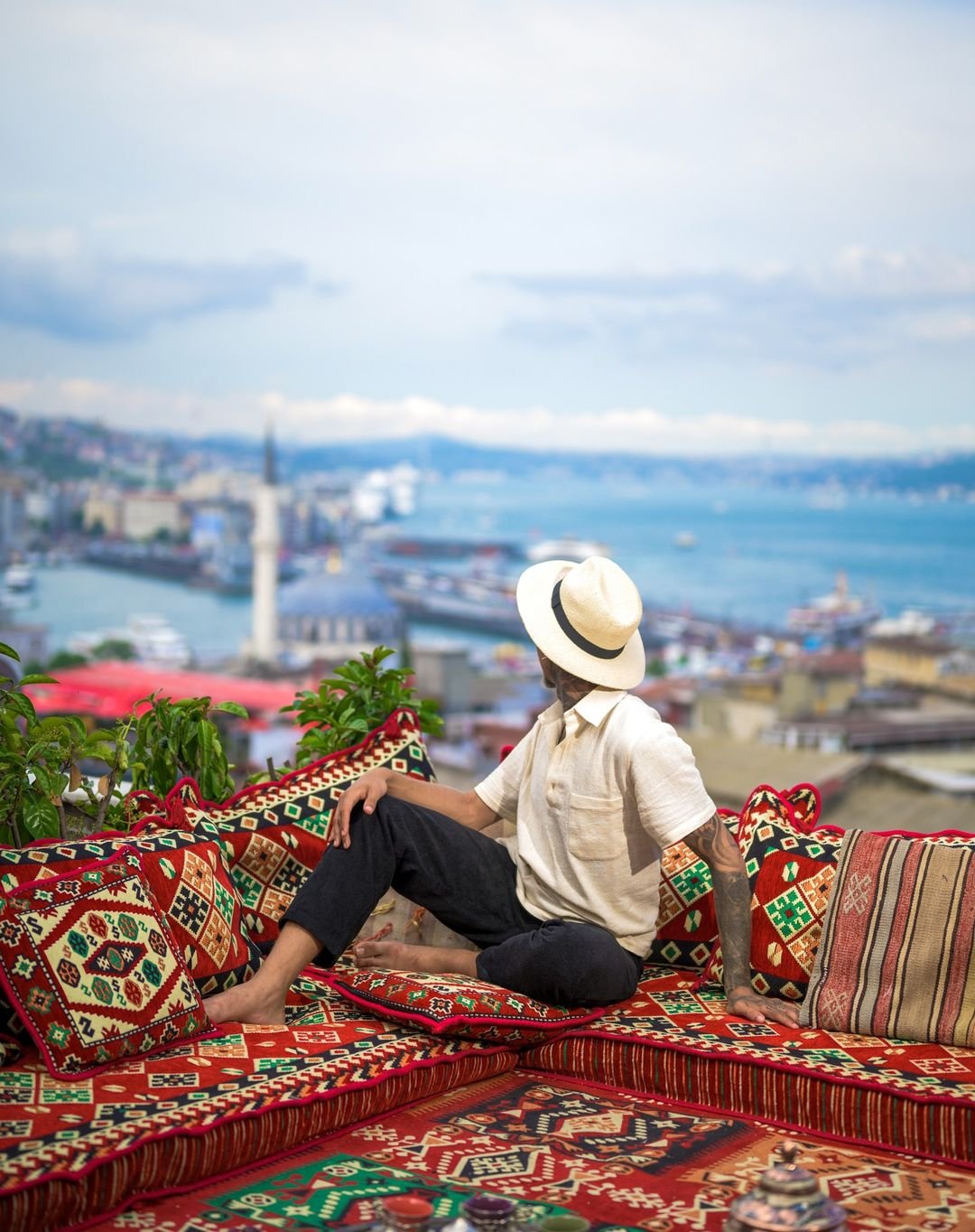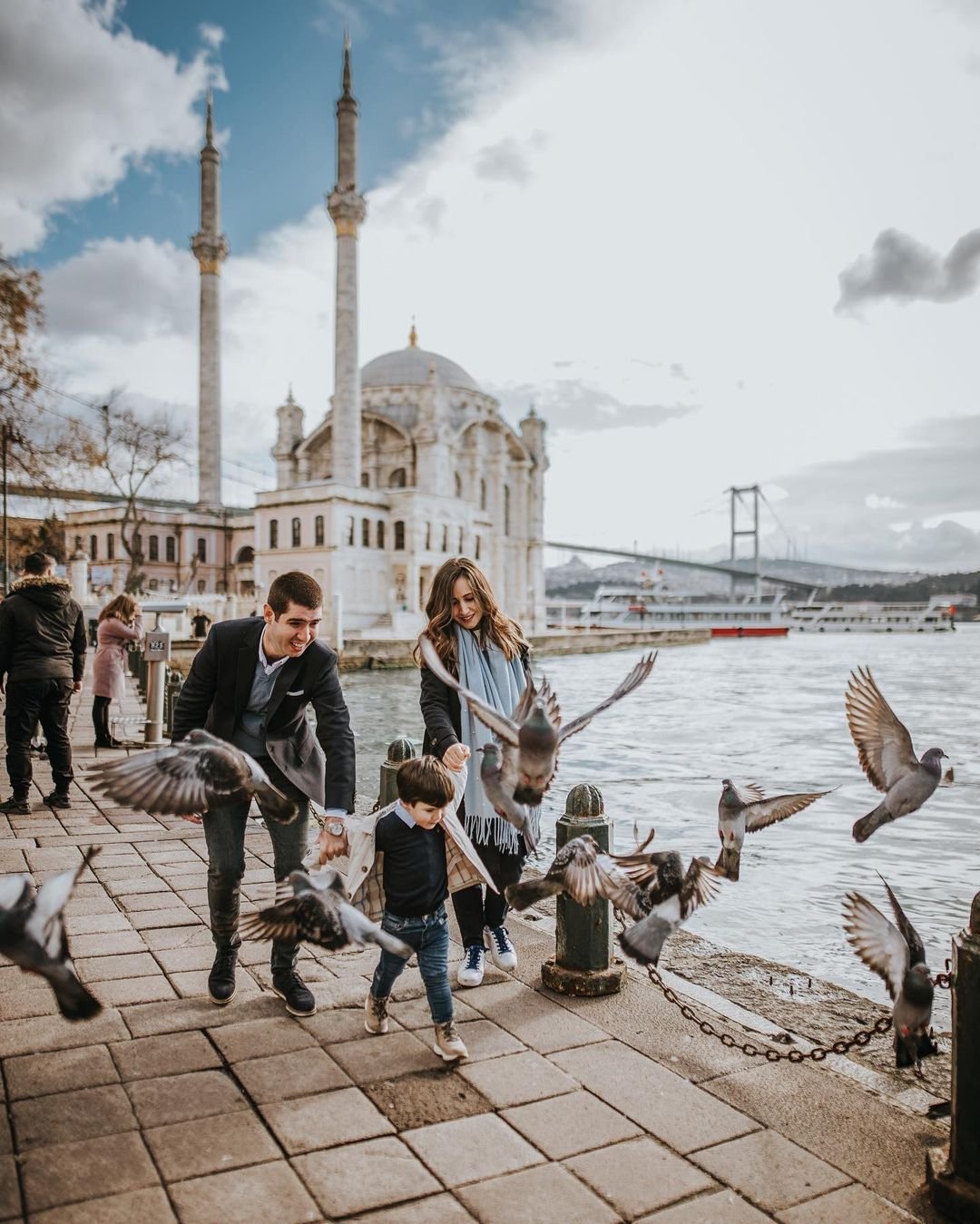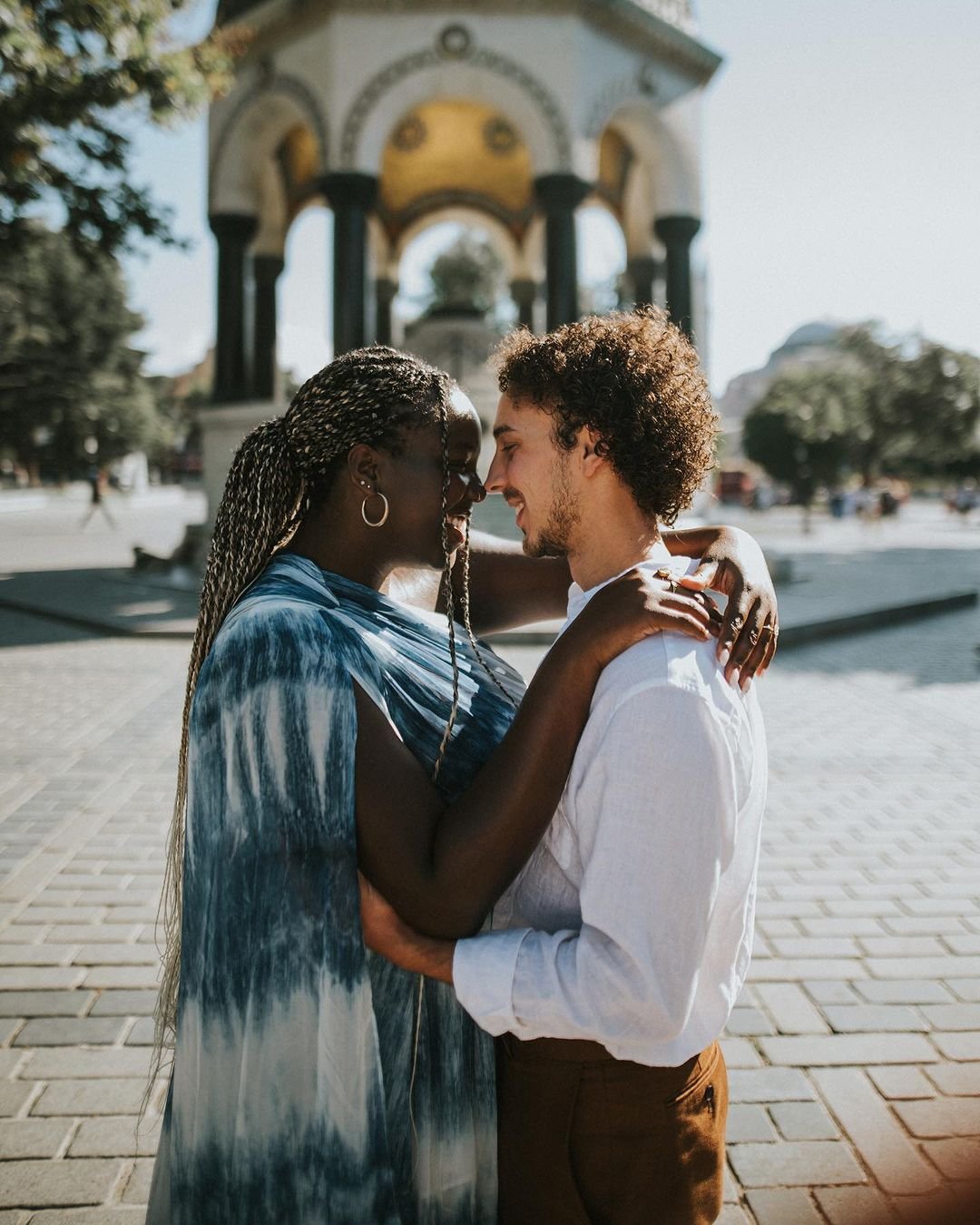Navigating Turkish Culture
When visiting Turkey, understanding and respecting cultural norms can greatly enhance your travel experience. Turkish hospitality is renowned, and locals often go out of their way to make visitors feel welcome. It’s customary to be offered tea or coffee in social settings; accepting this offer is seen as a sign of respect and appreciation. Engaging in polite conversation and showing genuine interest in Turkish traditions will endear you to your hosts.
Regarding attire, Turkey is a diverse country where clothing styles vary greatly between urban and rural areas. In big cities like Istanbul or Ankara, you’ll find a more relaxed approach to dress. However, when visiting religious sites or more conservative regions, modest clothing is advisable. For women, this typically means covering shoulders and knees, and sometimes wearing a headscarf when entering mosques. Men should avoid wearing shorts and sleeveless shirts in these settings. By respecting these guidelines, you show appreciation for local customs and traditions.
Respectful behavior in religious and public spaces is crucial. When visiting mosques, remove your shoes at the entrance and maintain a quiet demeanor. It’s also polite to ask for permission before taking photographs of people, especially in rural areas where privacy is highly valued. Simple gestures of respect, such as learning basic Turkish phrases like “merhaba” (hello), “teşekkür ederim” (thank you), and “lütfen” (please), can go a long way in positive interactions with locals.
Turkish traditions and customs are deeply intertwined with the country’s vibrant history. For instance, the practice of haggling in bazaars is not just about getting a good deal but also about engaging in a cultural exchange. Similarly, participating in tea rituals or sharing a meal in someone’s home provides a window into everyday Turkish life. Embracing these experiences with an open mind and respectful attitude will enrich your journey and foster meaningful connections.
By being culturally aware and considerate, you not only enhance your travel experience but also contribute to mutual respect and understanding between different cultures. This approach allows you to not only observe but actively participate in the rich tapestry of Turkish culture.
Must-Visit Destinations
Turkey is a land of mesmerising diversity, where each corner of the country offers unique and unforgettable experiences. One cannot begin their journey in Turkey without exploring Istanbul. This vibrant metropolis bridges two continents and is rich with history and culture. Notable landmarks include the Hagia Sophia, an epitome of Byzantine architecture, and the Blue Mosque, which showcases stunning Islamic art. Don’t miss the bustling Grand Bazaar, one of the world’s oldest covered markets, and a perfect spot for souvenirs and Turkish delights.
Next on the list is Ankara, the capital city. While less frequented than Istanbul, Ankara holds significant political and historical importance. The Anıtkabir, the mausoleum of Mustafa Kemal Atatürk, the founder of modern Turkey, is a site of immense national pride. The Museum of Anatolian Civilizations offers extraordinary insights into Turkey’s diverse historical and cultural heritage, spanning over several millennia.
The ancient ruins of Ephesus are a must-see for history enthusiasts. Once a bustling Roman city, Ephesus now stands as one of the best-preserved ancient cities in the Mediterranean, featuring iconic structures such as the Library of Celsus and the Great Theatre. Early risers can catch a magical sunrise at this UNESCO World Heritage site, providing not only breathtaking views but also a quieter, more contemplative experience.
For those enchanted by fairy-tale landscapes, Cappadocia offers mesmerizing vistas of cone-shaped rock formations and ancient cave dwellings. The region is famous for its hot air balloon rides at dawn, which offer a panoramic view of the whimsical terrain. Exploring the underground cities and rock-cut churches gives a profound sense of the historical depth of the area.
The Turkish Riviera, particularly Antalya, boasts stunning beaches and crystal-clear waters. It is an ideal location for both relaxation and adventure. From lounging on the pristine sands to exploring ancient ruins like the Aspendos Theatre, Antalya blends natural beauty with rich historical intrigue. For the adventurous, activities such as paragliding and scuba diving are readily available.
By visiting these unique destinations, travelers can immerse themselves in Turkey’s rich cultural tapestry, each offering its own special charm and unforgettable experiences.
Essential Travel Tips and Safety Advice
When planning a trip to Turkey, preparation with essential travel tips and safety advice ensures a smoother, more enjoyable experience. Navigating local transportation is convenient with various options available, including buses, trams, taxis, and the efficient metro system. In cities like Istanbul, an Istanbulkart – a reloadable transit card – simplifies travel across multiple modes of public transportation.
Upon arrival, currency exchange can be managed easily at airports, exchange bureaus, banks, and even some hotels. It is advisable to carry Turkish Lira (TRY) for smaller transactions, although credit and debit cards are widely accepted in urban areas. Staying connected is also straightforward with several options for reliable Wi-Fi across hotels, cafes, and public spaces. Alternatively, tourists can purchase inexpensive local SIM cards from providers like Turkcell, Vodafone, and Türk Telekom for mobile data and call needs.
Health considerations are crucial for travelers to Turkey. There are no mandatory vaccinations, but it is recommended to stay current on routine vaccines. Health care facilities in major cities like Istanbul and Ankara are modern, offering services comparable to Western standards. It is important to note that purchasing travel insurance that covers health emergencies is highly advisable.
Safety in Turkey largely depends on staying informed and vigilant. Crowded areas, especially popular tourist spots, can be hotspots for petty crimes like pickpocketing. Tourists should secure valuables, avoid flashing expensive items, and be cautious of their surroundings. Keeping abreast of local travel advisories from embassies and reliable sources adds an additional layer of safety. In case of emergencies, the national emergency numbers are 112 for medical assistance, 110 for fire, and 155 for the police.
Having these travel tips and safety insights at your disposal optimizes your travel experience in Turkey, ensuring both a delightful and secure journey.
Turkish Cuisine and Dining Etiquette
When visiting Turkey, one of the most delightful experiences you’ll encounter is the rich tapestry of Turkish cuisine. Known for its diversity, Turkish food combines influences from Middle Eastern, Central Asian, and Mediterranean cooking traditions. For an authentic experience, you must try iconic dishes such as kebabs, mezes, baklava, and of course, the ubiquitous Turkish tea.
Kebabs are perhaps the most famous Turkish dish, available in various forms such as doner, shish, and Adana. A visit to Turkey would be incomplete without savoring a platter of mezes—small, flavorful appetizers often served before the main course. For those with a sweet tooth, baklava—a pastry made of layers of filo filled with nuts and sweetened with syrup or honey—is a must-try. To complement your meals, don’t miss out on Turkish tea, traditionally served in small, tulip-shaped glasses.
The culinary landscape in Turkey changes by region. In Istanbul, you can indulge in diverse international and traditional foods, while the Southeastern provinces like Gaziantep are renowned for their unique, spicy dishes. Coastal areas such as Izmir offer an abundance of fresh seafood.
When it comes to dining, Turkish etiquette emphasizes respect and hospitality. Tipping, known as “bahşiş,” is customary, usually around 10-15% of the bill in restaurants. Ordering food is straightforward but can involve sharing a variety of dishes among the diners, a custom deeply embedded in Turkish culture. Remember, it is customary to order tea or coffee at the end of a meal.
Navigating dietary considerations is relatively easy; however, inform your host or waiter of any specific restrictions, and they will do their best to accommodate you. Food safety is essential, particularly when sampling street food. While street vendors offer some of the most delicious and budget-friendly foods, opt for stalls with high turnover to ensure freshness.
Whether you’re dining at a local eatery or venturing into street food territory, remember that Turkish cuisine is more than just a meal—it’s a cultural experience that offers a glimpse into Turkey’s rich and dynamic heritage.




